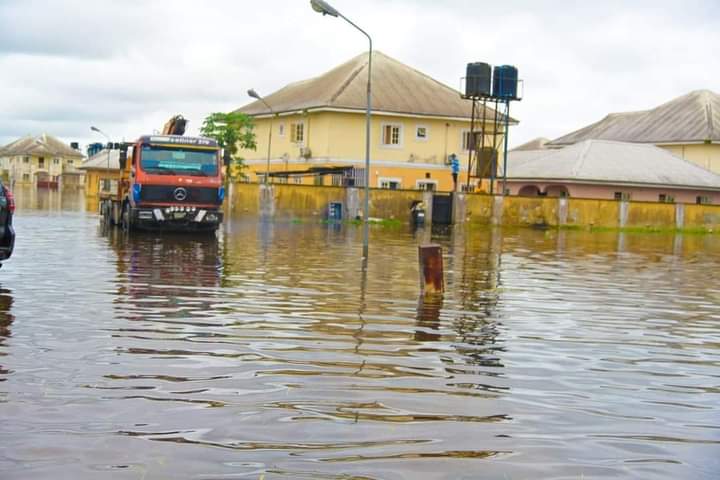The National Commission for Refugees, Migrants and Internally Displaced Persons (NCFRMI) says the number of internally displaced persons (IDPs) in the country has increased to five million.
Imaan Sulaiman-Ibrahim, the federal commissioner for the NCFRMI, said this on Friday at an event to mark the national day for displaced persons, held in Abuja.
Sulaiman-Ibrahim said climate change activities, especially the increasing flooding across the country, have resulted in increasing the number of IDPs from 3.4 million to about five million.
According to the national commissioner, flooding across the country has caused significant loss of lives, properties, and livelihoods.
Advertisement
She said the commission’s exit camp strategy and national IDPs policy, among other plans, will support the drive towards providing solutions.
“You know that kind of problem we address is something reoccurring, hence the need for that coordinated approach,” she said.
“But what I will like to assure you is the commitment of the federal government to ensure that we work hand in hand with the POCs so that we can address all the issues of concerns, and so that we can ensure their total rehabilitation, integration and resettlement.
Advertisement
“It’s a work in progress, but we have a grip on the situation.”
She said there is a compromise in the management of some IDP camps, adding that the commission has a plan to address the situation.
“What we find is that there’s a lot of compromise with camp management, and over the years, we have been able to breed over-dependence on government,” she said.
“That’s not what any nation would like. You’d like to give them a hand up, not the hands down. So, trust me, it’s a work in progress.
Advertisement
“You might not want to leave the company because, over the years, they feel that they can be IDPs permanently. But no. We have got to be resolute that when incidents happen, people have their dreams, their goals, their aspirations, and their desires intact. We help them to actualise them so that they will contribution to society.
“We’re going to work hand in hand with these people. Yes, there are challenges but we have a foolproof plan for exiting camps and we are going to implement it in phases.”
Greenhouse gas emissions and other global warming activities are causing harsh effects, with more intense rainfall resulting in land degradation, flash floods, landslides, and gully erosion.
The 2022 flooding in Nigeria is said to be the worst in a decade, and over 600 deaths have been recorded, while millions of persons have been displaced.
Advertisement
The floods have affected 34 out of the 36 states in the country with Jigawa, Benue, Kogi, Bayelsa, Delta, Anambra, and Kano being among the worst-hit.
Advertisement
Add a comment






